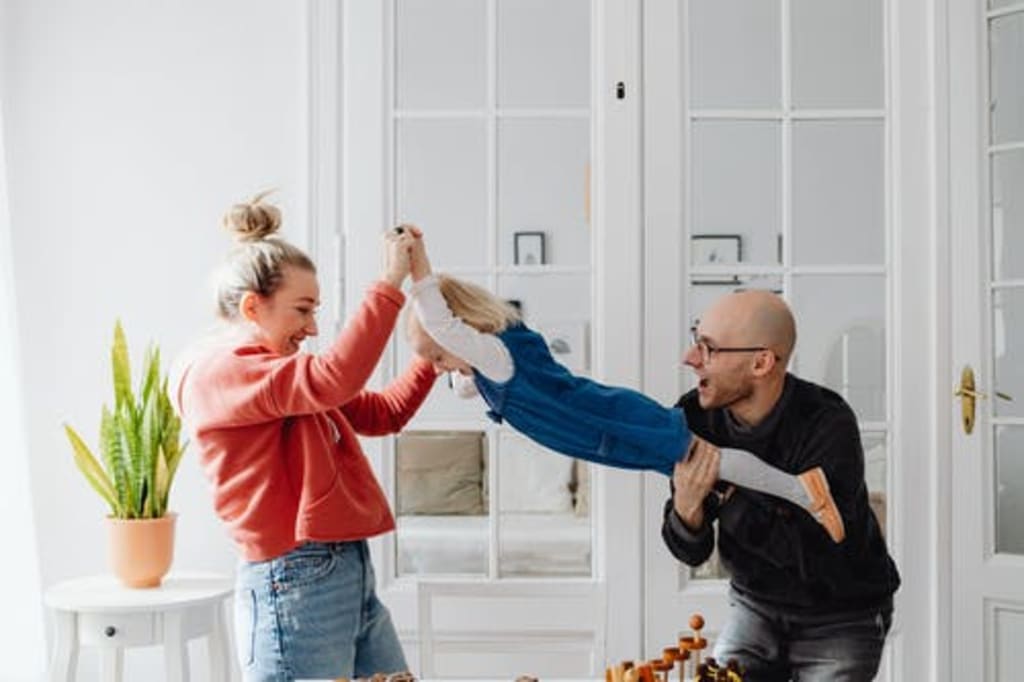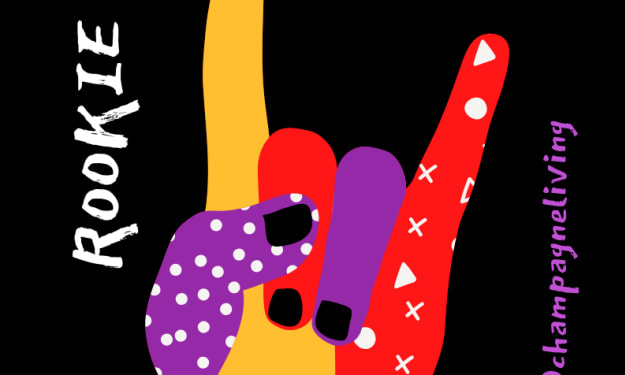How to show respect to a child
* Do you respect your children? *

At a party, I met Eastern parents who complained to their children that they had become rude and insolent.
I asked, "Do you respect your children?"
"We love and care for them," he said. ‘
I asked again, "Do you respect their opinion?"
"Children are loved and elders are respected," he said. ‘
This is the kind of conversation I've had with dozens of Eastern parents in my life.
I tell such parents a few incidents of my life. Let me present two of them at your service.
1. The first episode is about my grandmother
The first episode is about my grandmother. When I was a child, I used to go from Peshawar to Lahore to visit my grandmother during summer vacations. She lived on 4 Mozang Road. I loved my grandmother very much. I had a lot of respect for them. Now that I have become a psychologist, I ask myself what was so special about my grandmother that I respected her more than all her relatives. Now I know that secret. She would ask me my opinion before making any decision about me.
"Sohail son, will you drink orange juice or milk?"
"Grandma will drink milk."
"Sohail child, will you drink cold milk or hot milk?"
Cool Granny Aman by pouring ice. ‘
The rest of the relatives considered me a child and made their own decisions about my daily life but my grandmother considered me a little person and valued my opinion.
2. The second incident is of my father.
The second incident is of my father. My younger sister Amber was five when I was ten. One day while playing, he started pushing me. She fell and was injured. In the evening when we were all eating, Amber complained to my father
"Abu Jan Sohail Bhai pushed me and I got hurt. ‘
The father said, "Sohail son, you should apologize to your younger sister." ‘
For the first time in my life, my ego got in the way. Apologizing to my younger sister was against my masculinity. I remained silent. In a few moments, I was drenched in sweat.
The father said, "We will not all eat until Sohail Amber apologizes." ‘
I finally swallowed my saliva and looked down and said 'Amber forgive me'.
The father asked Amber, "Have you forgiven Sohail Bhai?"
When Amber said, "Yes, I'm sorry," we started eating again.
The incident lasted for a few moments but its effects were lasting. From this incident, I learned to respect not only Amber but all women.
Once my father made a mistake and he himself apologized to me. This incident increased my respect for him in my heart.
When you respect children, then they learn to respect not only you but also the loving authority. Then they respect the teachers in school, the professors in college, and the law in life.
Parents and teachers can train children in two ways. Love with love and respect or anger with horror and fear. Children who are afraid of their parents, when they grow up, suffer from psychological problems and are afraid to see a doctor or a psychologist because they are afraid of them just like their parents.
My father used to say that there is a big difference between dissent and enmity. Disagreements are a positive and hostile attitude towards friendship and dialogue. My poet uncle Arif Abdul Matin also used to say that people of opinion form their opinion very thoughtfully so we should respect their opinion.
I have learned from my life experience, observation, study, and analysis that if we want other people to respect our opinion, we must also learn to respect other people's opinions.
If we respect these children, consider them small human beings, then they will grow up and learn to respect others. They will learn to have a dialogue which is very important for democracy.
3.Two kinds of relationships between human beings
Aristotle used to say that there are two kinds of relationships between human beings. One is the relationship of master and slave which is found in dictatorship and the other is the relationship of friendship which is found in free people and democracy. Aristotle suggested that we should teach our children at home and in school that we are all equal as human beings and can be friends with each other, regardless of our color, race, religion, or language. Such children can grow up and establish a democratic system. In contrast, children who think that some people are better than others because of their color, race, religion, language, wealth, fame, or heritage, grow up and establish a system of dictatorship because they have master and slave in their minds. Relationships are more respected and sacred than friendships.
4.Democratic society
We all know that in a democratic society, all citizens, especially women and minorities, have equal rights. All citizens are equal before the law and the human rights of all citizens are respected. In such a system, the leaders of the nation want to serve the nation and not rule over it. This system can be set up by people who learn to respect their parents from an early age because the parents respect their opinion and instead of intimidating them with their knowledge and personality, they talk to them about life issues. Such children learn the philosophy of humanitarian life at home and in schools.
5. Learning the art of friendship
In my view, learning the art of friendship and dialogue is essential to establishing democracy. I asked a Greek woman what could be defined in one sentence of "democracy that was born in Greece". They say that where there is dialogue, there is democracy. When dialogue becomes a monologue, it takes the form of a sermon. The difference between dialogue and monologue is a key difference between democracy and dictatorship. A dictatorship can be religious as well as political, military, and social.
We must sooner or later accept the fact that our children are our future leaders. And we have to learn to respect them.
Please share or forward this post
* Join🌼 *
About the Creator
Early childhood training and learning
Children training; Children are facing an unprecedented number of challenges, This can be achieved through early childhood development and learning






Comments
There are no comments for this story
Be the first to respond and start the conversation.